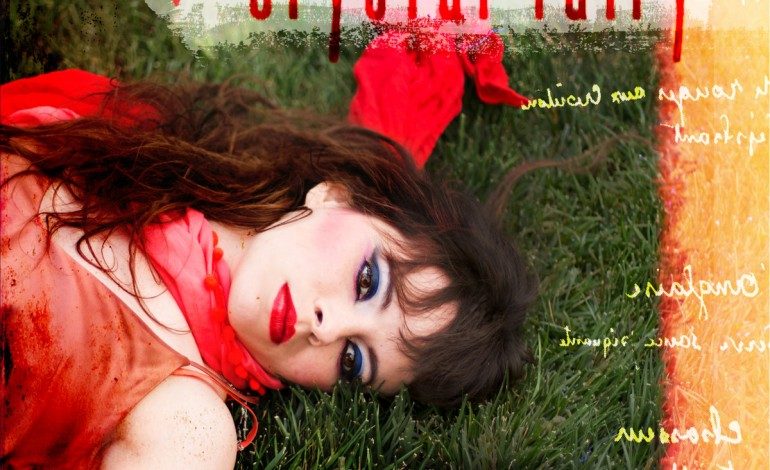

Long Live Rock ‘n’ Roll
The Melvins were largely responsible for introducing sludge-infused riffage to the rock ‘n’ roll lexicon. A few decades later, the folks of At the Drive-In captivated audiences with their piercingly chromatic licks which operated at dizzying speeds. Yet aside from their innovations to the rock genre, these two bands hold seemingly little in common. Buzz Osborne of the Melvins played cavernous guitar riffs, while At the Drive-In’s guitarist Omar Rodriguez-Lopez shredded his way through the instrument’s higher registers with little regard for consonance. Meanwhile, the Melvin’s rhythm section — underpinned by drummer Dale Crover — steadily plodded along, while At the Drive-In experimented with much more uptempo grooves that often stopped and started spasmodically. However, in spite of these clear stylistic differences, the architects of the Melvins (Osborne and Crover) and At the Drive-In (Rodriguez-Lopez) decided to join forces this year to form one of the most heavy-hitting supergroups in recent memory: Crystal Fairy.
This trio of rockers is joined by the exceptionally talented Teri Gender — of Le Butcherettes — who instills the project with impressive vocal dynamism. The group’s eponymous debut kicks off with “Chiseler,” which provides listeners with some old-school riffage that harkens back to the early days of sludge-grunge. The Melvins’ imprint is much more evident here than that of Rodriguez-Lopez (who actually relinquishes his lead guitar duties to play bass). This trend continues into the next track, “Drugs on the Bus,” which slows down the tempo and muddies up the guitars even further, evoking a heavy grunge sound that is eerily similar to Alice In Chains circa 1995.
Yet, while Crystal Fairy could merely maintain this one vintage sound throughout the entire LP and produce a satisfying record, they never grow complacent, instead opting to pull from a range of rock ‘n’ roll styles. The third track, “Necklace of Divorce,” notably diverges from its precursors, opening with country twang, which then transitions into some heavy, yet crisp, guitar riffs vaguely reminiscent of those of another rock supergroup: Velvet Revolver. Osborne and Rodriguez-Lopez bring back the sludge riffage on the following track, “Moth Tongue;” yet, here, Gender Bender keeps things from growing stale, extending her range to dizzying heights that evoke the vocal acrobatics of ‘70s rock singers such as Robert Plant and Geddy Lee. Finally, the song culminates in a highly expressive, vibrato-inflected guitar solo — something that isn’t heard all that often in contemporary music.
In yet another turn, “Crystal Fairy” revs up the tempo, pounding along with blistering intensity. Meanwhile, tracks like “Secret Agent Rat” and “Bent Teeth” crank up the distortion to offer some deliciously metal-esque, pedal tone riffs. (“Bent Teeth” also treats us to a blaring solo that last for almost half of the song.) “Sweet Self” allows listeners a brief chance to breathe, with its — comparatively — downtempo percussion. Meanwhile, Osborne bombards us with a flurry of guitar bends, helping the track to achieve a vaguely bluesy sound. Finally, album closer “Vampire X-Mas” takes us out in exciting fashion. The band take a page from ‘80s heavy metal, giving us some breakneck riffage, while vocalist Gender Bender reaches for some earsplittingly high notes, bringing back memories of Rob Halford. Omar Rodriguez-Lopez also makes his presence felt with his dissonant, high-pitched guitarwork on “Under Trouble” and noise-solo towards the end of “Posesión.”
Crystal Fairy’s debut album functions almost as an ode to rock music. The group’s skilled ensemble is able to revive a bevy of hard rock styles long thought “dead,” showcasing their impressive versatility in the process. This nostalgic integration, while not necessarily innovative, is highly refreshing, helping Crystal Fairy to create the album for which rock ‘n’ roll aficionados of all walks of life have long been pining.
